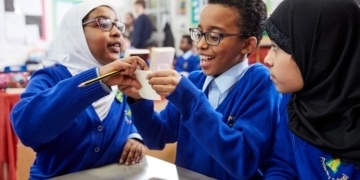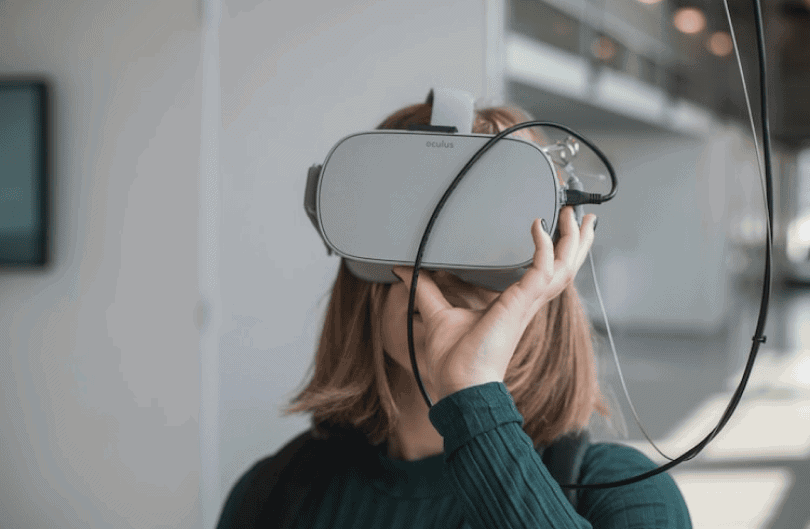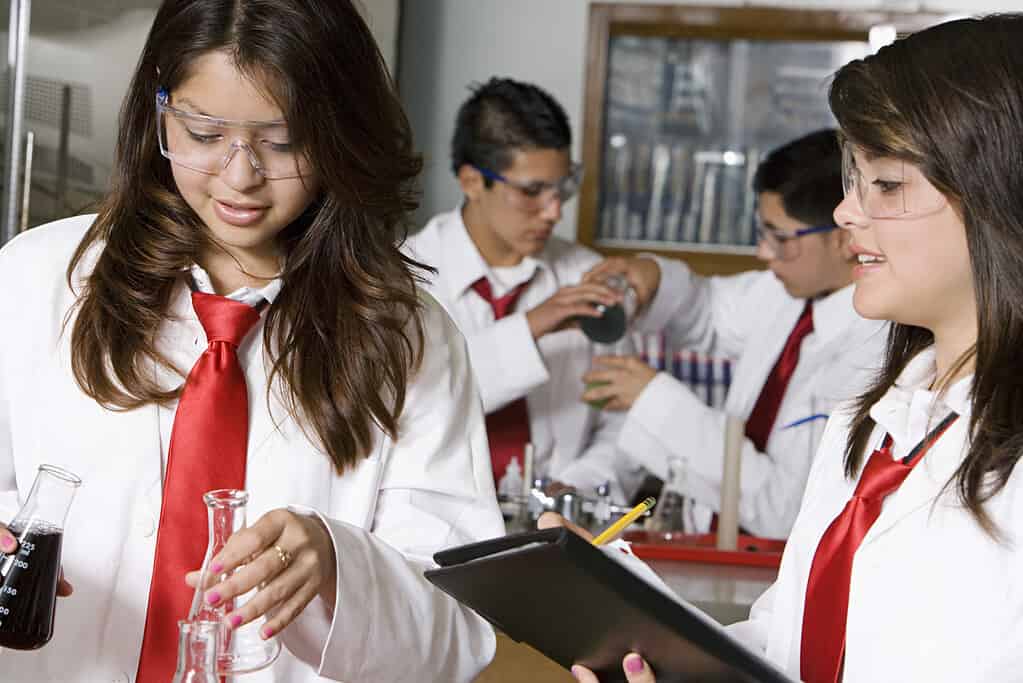
Lily Ickowitz-Seidler, Primary Science Project Manager at the Wellcome Trust, introduces recently published research exploring science education in primary schools across the UK.

Louise Archer, director of the ‘Enterprising Science’ education project on the advantages of a science capital teaching approach.

Sir John Holman, senior education advisor to the Gatsby Foundation, outlines how ten key benchmarks can help schools achieve a higher standard of science education.

Henry Lovett, Policy and Public Affairs Officer at The Physiological Society, reflects on the impacts that Brexit is already having on UK science.

Suw Charman-Anderson sets out how the ‘Ada Lovelace Day’ online careers fair can help connect women with employers to help tackle our skills shortage in STEM industries

At the start of a new infrastructure research initiative, Professor Brian Collins sets out the challenges and their approach.

Professor David Cole-Hamilton and William Hardie of the Royal Society of Edinburgh, on the importance of maintaining a collaborative environment for research and innovation.

Zoe Martin, Policy Manager at Cancer Research UK, gives an overview of their joint report on UK-EU scientific collaboration.

Gordon Doig and Paul Stuart, members of the Learned Societies’ Group on Scottish STEM Education (LSG), reflect on this year’s Scottish exam results.

Verity Davidge, Head of Education & Skills at EEF, the manufacturers’ organisation, looks at the role EU nationals play in the manufacturing and engineering workplace.

Naomi Saint, Manager of the Universities Programme with the Houses of Parliament, and Dr Lindsay Walker, Research Associate at Cardiff University, on improving the mechanisms for engaging with Parliament.

Professor Sir John Tooke reflects on the Academy of Medical Sciences’ latest policy report on the use of scientific evidence, which he chaired.
